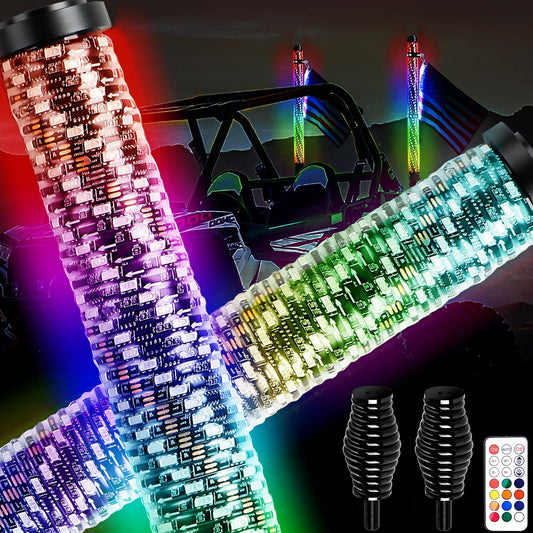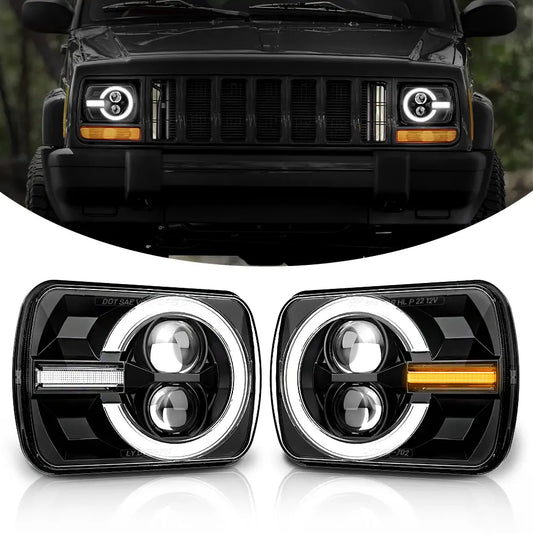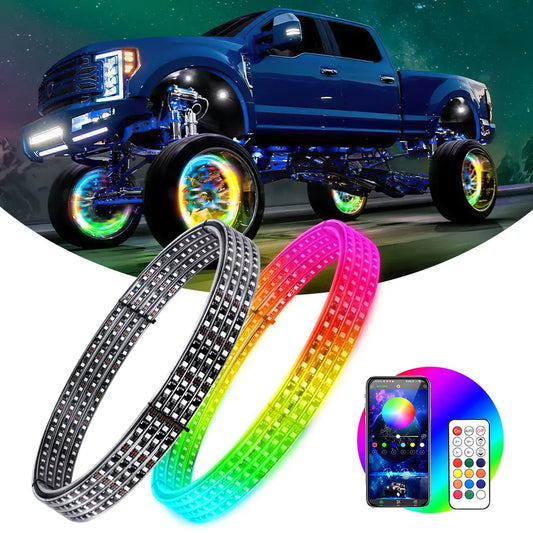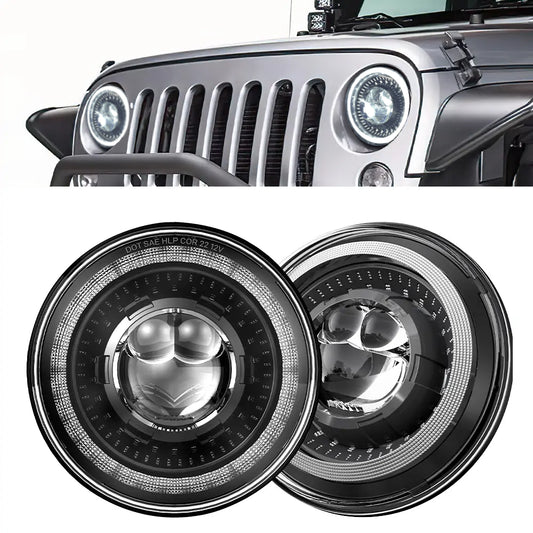When shopping for a Jeep Gladiator, off-road enthusiasts often focus on features like lift kits, tires, and lockers—but one of the most critical (and often overlooked) specs is the crawl ratio. This number determines how well your Jeep can handle steep climbs, deep mud, and technical rock crawling.
 In this guide, we’ll break down:
In this guide, we’ll break down:
- What crawl ratio means and why it matters
- How different Gladiator trims compare (Sport, Mojave, Rubicon, etc.)
- Real-world performance differences between trims
- How the Gladiator stacks up against competitors
- Which trim is best for your off-road needs
What Is Crawl Ratio? (And Why It’s Crucial for Off-Roading)
The crawl ratio is a measure of how much torque multiplication your drivetrain provides in 4Low (4WD Low Range). It determines how slowly and controllably your Jeep can move over obstacles without stalling or losing traction.
How Crawl Ratio Is Calculated
The formula is: Crawl Ratio = First Gear Ratio × Transfer Case Low Range × Axle Gear Ratio
For example:
- Jeep Gladiator Rubicon (Automatic):
- First Gear (8-speed auto): 4.71
- Transfer Case (4:1): 4.0
- Axle Ratio: 4.10
- Total Crawl Ratio = 4.71 × 4.0 × 4.10 = 77.2:1
This means the engine turns 77.2 times for one full rotation of the tires in 4Low.
Why Does Crawl Ratio Matter?
- Better low-speed control – Essential for rock crawling and steep descents.
- More torque at the wheels – Helps overcome obstacles without excessive wheel spin.
- Less strain on brakes and clutch – Reduces the need for constant braking on descents.
Jeep Gladiator Trim Comparison: Crawl Ratios & Performance
Not all Gladiators have the same crawl ratio. The biggest differences come from the transfer case gearing and available axle ratios.
1. Sport, Sport S, Willys, & Mojave (2.72:1 Transfer Case)
- Crawl Ratio: ~52.6:1
- Best For: High-speed off-roading (sand, dirt trails, overlanding)
-
Key Features:
- Same transfer case as most non-Rubicon Wranglers
- Mojave adds FOX shocks & reinforced frame for desert running
- Can reach ~45 mph in 4Low (useful for dune running)
2. Rubicon (4.0:1 Transfer Case)
- Crawl Ratio: 77.2:1 (Automatic) / 84:1 (Manual)
- Best For: Rock crawling, mud, extreme terrain
-
Key Features:
- 4:1 transfer case (vs. 2.72:1 in other trims)
- Front & rear lockers + sway-bar disconnect
- Max speed in 4Low is ~30-35 mph (better for slow, precise crawling)
How the Gladiator Compares to Other Off-Road Trucks
| Truck | Crawl Ratio | Notes |
|---|---|---|
| Jeep Gladiator Rubicon | 77.2:1 | Best for rock crawling |
| Jeep Gladiator Mojave | 52.6:1 | Optimized for high-speed off-roading |
| Toyota Tacoma TRD Off-Road | 53:1 | Similar to Mojave |
| Chevy Colorado ZR2 | 42:1 | Lower ratio, better for moderate trails |
| Ram Power Wagon | 50:1 | Heavy-duty but less crawl-focused |
| Nissan Frontier Pro-4X | 54:1 | Middle-of-the-road performance |
Key Takeaways:
- The Rubicon’s 77.2:1 ratio is best for extreme crawling.
- The Mojave’s 52.6:1 ratio is better for high-speed desert runs.
- Most competitors (Tacoma, ZR2) are closer to the Mojave’s ratio.
Mojave vs. Rubicon: Which One Should You Choose?
When to Pick the Mojave:
- You mostly drive fast off-road (desert, dunes, fire roads).
- You want a smoother ride on rough terrain (thanks to FOX shocks).
- You don’t need front lockers or a sway-bar disconnect.
When to Pick the Rubicon:
- You do serious rock crawling or deep mud.
- You need maximum low-speed control (77.2:1 crawl ratio).
- You want front & rear lockers + sway-bar disconnect.
Common Misconception:
Some believe the Mojave is "almost as capable" as the Rubicon—but the 4:1 transfer case and lockers make the Rubicon far superior in extreme crawling.
Final Verdict: Which Gladiator Trim Is Right for You?
- For desert running & overlanding → Mojave
- For rock crawling & extreme trails → Rubicon
- For moderate trails & daily driving → Sport S or Willys
Pro Tip: If you plan on bigger tires, the Rubicon’s 4:1 transfer case helps compensate for the added weight.




